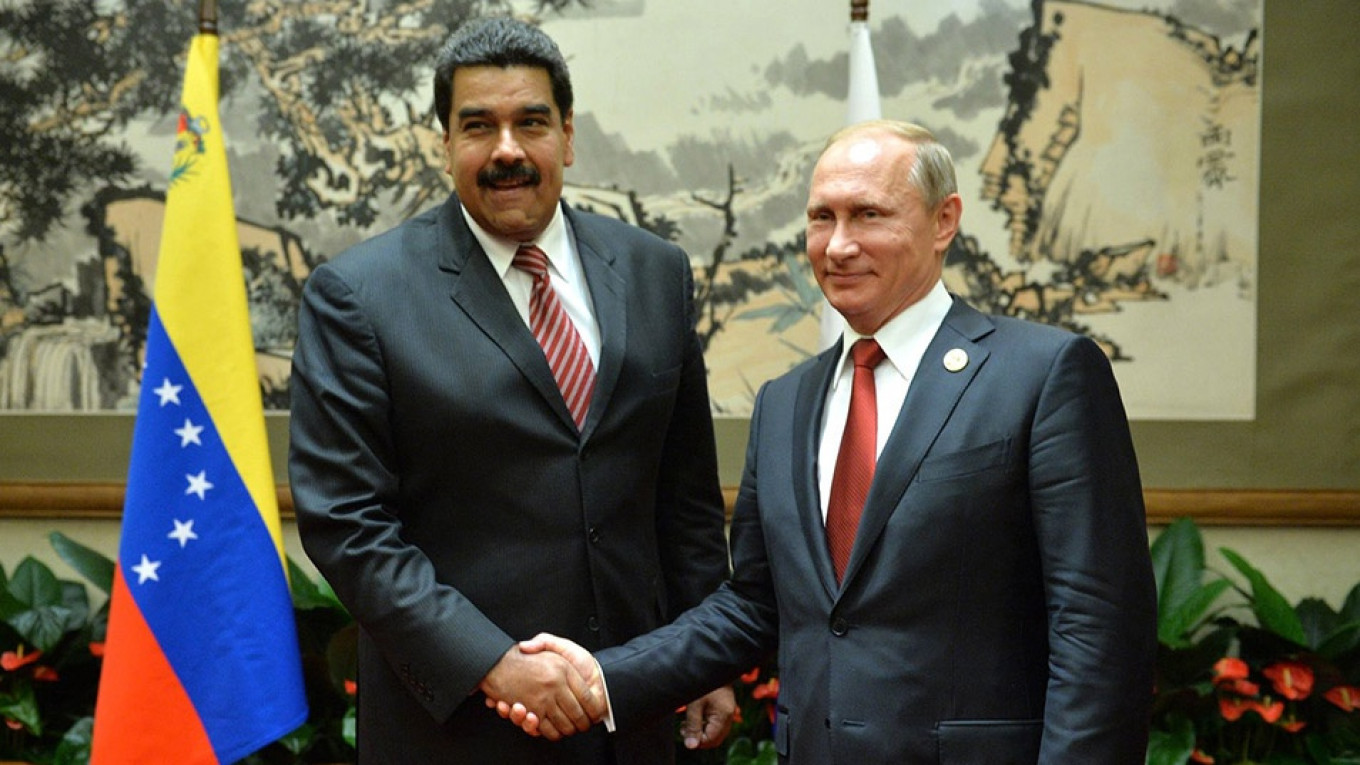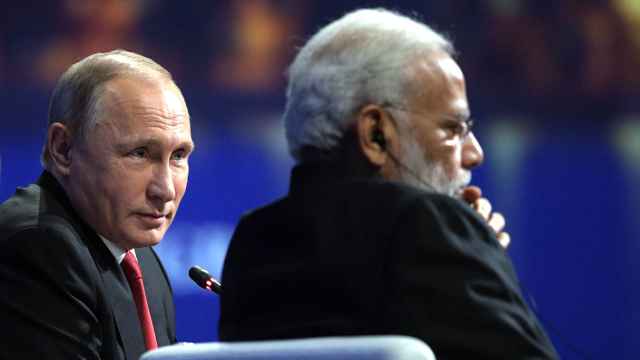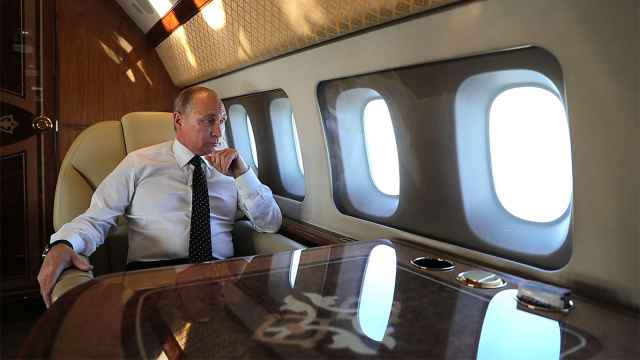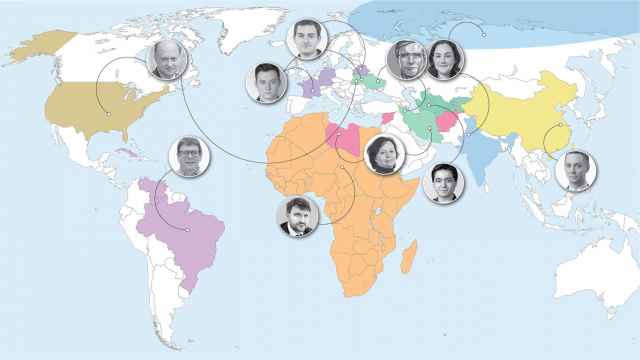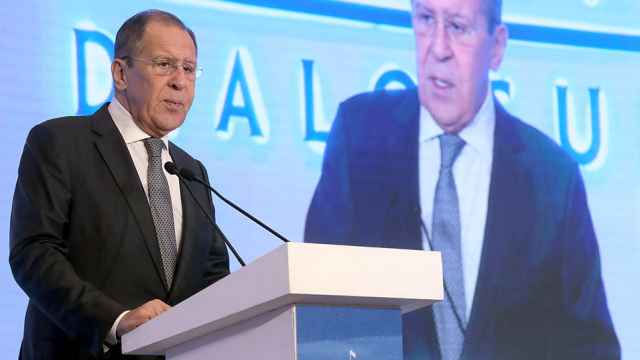Russian economic and geopolitical interests in Venezuela are at a crossroads. The surprise move by the leader of the Venezuelan opposition, Juan Guaido, to declare himself interim president and the subsequent support he has received from President Trump, has put the Kremlin in a tight spot.
Russia has a lot to lose if Nicolas Maduro’s government collapses. In recent years, Russian state-owned Rosneft has ramped up its investment in Venezuela by participating in a multitude of joint ventures with its Venezuelan counterpart PDVSA.
In 2017 alone, total oil production from those projects was estimated to be around 8 million tonnes, or 161,000 barrels per day.
The head of Rosneft, Igor Sechin, maintains that his investments in Venezuela are viable. This may be true in the long term but the current instability in Venezuela is not an encouraging sign for the oil giant. Many of the oil refineries are in the hands of army officers who lack basic sectoral expertise and qualified workers have been staging mass protests.
Rosneft’s prospects in the country have been further threatened by the opposition’s warning that, once in power, it will not honor the recent deals between Rosneft and Maduro’s government.
Additionally, there are historic debts dating back to Hugo Chavez, Maduro’s predecessor. Chavez turned Venezuela into a major buyer of Russian arms in the Western hemisphere but the payments for many of those arms deals are long overdue. Similarly, there are outstanding debts in the food and manufactured goods sectors.
Moscow has also become a major Venezuelan lender, with the Kremlin and Rosneft handing the cash-strapped country around $17 billion in loans and credit lines since 2006, according to calculations made by Reuters. If the current regime in Caracas does not survive this crisis, it will be very difficult, perhaps impossible, for Russia to recuperate its investments.
Economic costs, however, aren’t the only thing at stake for Russia.
Since Putin’s accession to power in 2000, Russia has sought to cultivate partnerships in Latin America in its bid to construct a world-order distinct from post-Cold War American hegemony. South America has served as an important testing ground for Moscow’s global reach strategies and its capacity to emulate the perceived political puppeteering of the United States in the post-Soviet space.
The collapse of Maduro’s government could alienate Russia from the region. Today, even the most loyal supporters of the socialist Bolivarian Revolution in Latin America agree that Venezuela is on the verge of an unprecedented humanitarian crisis.
Against this backdrop, any attempts by the Russians to keep Maduro in power through military support could turn the entire continent against Moscow. Moreover, hypothetically speaking, any talk of Russian military support would be met strongly by the United States. While Washington reluctantly tolerated Russian intervention in the more geographically-distant Syria, it would not accept such a move in its backyard.
Many of the Russian alliances in Latin America were founded on personal top-level diplomacy and symbolic rhetoric rather than structural economic or cultural ties. These alliances have faded away as political leaders have come and gone.
Maduro symbolizes Russia’s opportunistic way of forging alliances through interpersonal connections in the region and his defeat would therefore be especially hard to swallow.
A Message from The Moscow Times:
Dear readers,
We are facing unprecedented challenges. Russia's Prosecutor General's Office has designated The Moscow Times as an "undesirable" organization, criminalizing our work and putting our staff at risk of prosecution. This follows our earlier unjust labeling as a "foreign agent."
These actions are direct attempts to silence independent journalism in Russia. The authorities claim our work "discredits the decisions of the Russian leadership." We see things differently: we strive to provide accurate, unbiased reporting on Russia.
We, the journalists of The Moscow Times, refuse to be silenced. But to continue our work, we need your help.
Your support, no matter how small, makes a world of difference. If you can, please support us monthly starting from just $2. It's quick to set up, and every contribution makes a significant impact.
By supporting The Moscow Times, you're defending open, independent journalism in the face of repression. Thank you for standing with us.
Remind me later.



